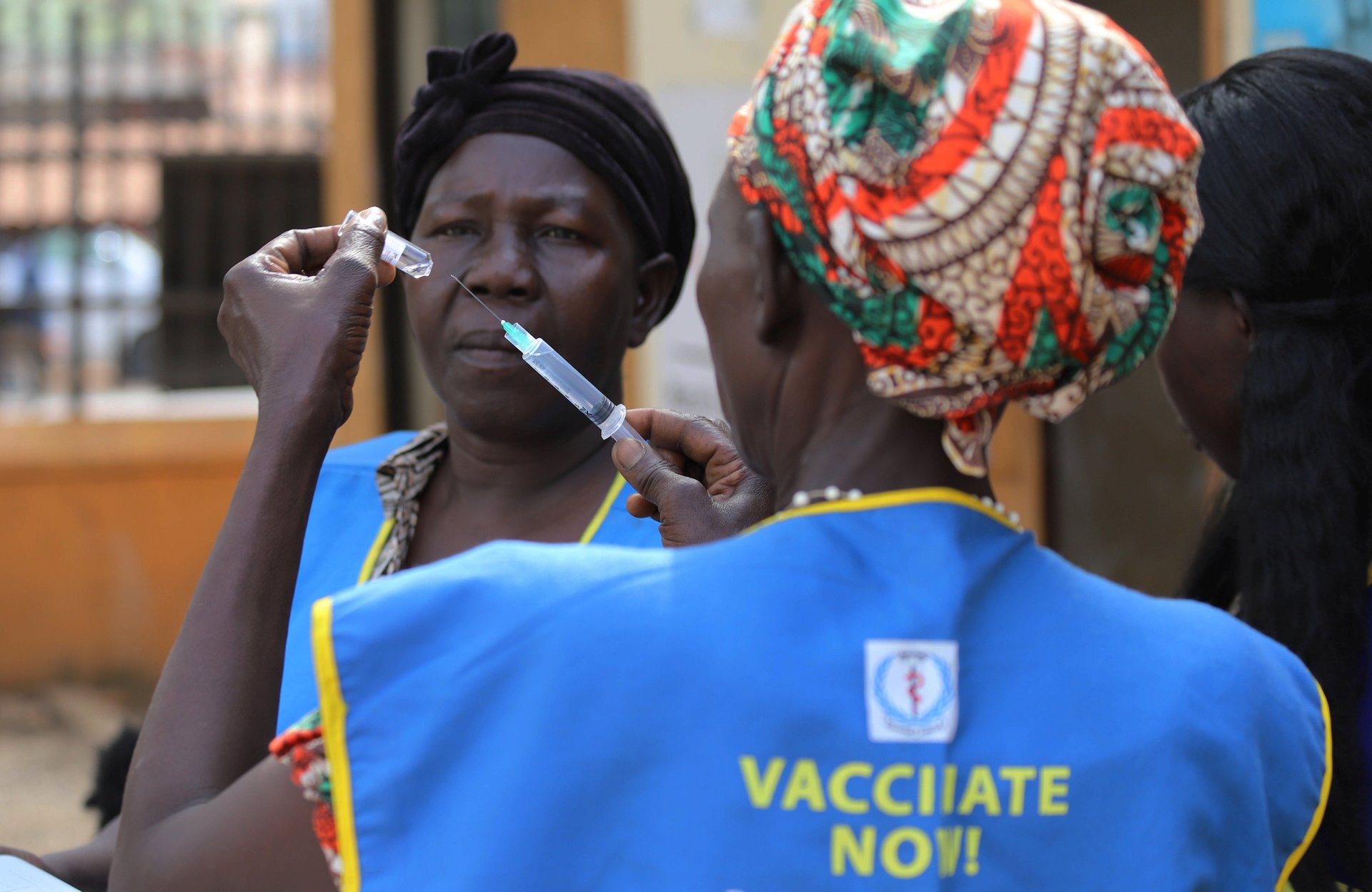Covid-19 has undone 25 years of global health progress in 25 weeks
“Mutually exacerbating catastrophes.” This is how the Bill and Melinda Gates’ Foundation describes Covid-19 and its knock-on effects, in its newly released report on the state of global health and development for 2020.


“Mutually exacerbating catastrophes.” This is how the Bill and Melinda Gates’ Foundation describes Covid-19 and its knock-on effects, in its newly released report on the state of global health and development for 2020.
That an organization typically of keen optimism, which has made it a mission to consistently highlight how the world has improved in the past few decades, admits the challenge in such dramatic terms is quite telling, although hardly unwarranted.
Infant and childhood mortality; maternal health; the financial sustainability of agriculture; HIV, tuberculosis, and malaria incidence; access to education; gender equality; access to toilets and clean water: All these global development indicators worsened in 2020, or showed no progress for the first time in decades. It took Covid-19 25 weeks to put the world back about 25 years in terms of development, according to the report.
Two of them are especially concerning: The global rate of immunization, and the rate of absolute poverty.
The percentage of people living below the poverty line rose for the first time in 30 years, from 6.7% in 2019 to 7.1% last year. Worse, it is projected to continue increasing to 7.3% in 2021, as the financial consequences of the recession are felt. It will take until 2030 to return to last year’s levels.
The change in absolute poverty is an important indicator at this stage, as it is the first tangible indicator of the economic impact of the pandemic.
Similarly, the rate of immunization is a proxy of the overall functioning of health systems. The drop has been dramatic: In 2019, 84% of children worldwide had been vaccinated for diphtheria-tetanus-pertussis (DTP), a basic vaccination directly linked to reduction of childhood mortality. In 2020, 70% were—with an estimated 14 million children around the world who missed one or more doses of the vaccine, who will then be at higher risk of mortality in coming years.
As with other global crises, African countries, which have shown remarkable preparedness in the fact of Covid-19 and have been able to limit its spread, are still set to pay the highest price for the downturn.
Still, Gates Foundation’s CEO Mark Suzman thinks there is reason for concern, but not despair. If countries—particularly rich ones—are willing to sustain—in fact, increase—their commitment on the goals the United Nations had set to be achieved by 2030, things can be turned around. “It will be very tough, but it’s just about possible,” Suzman said.